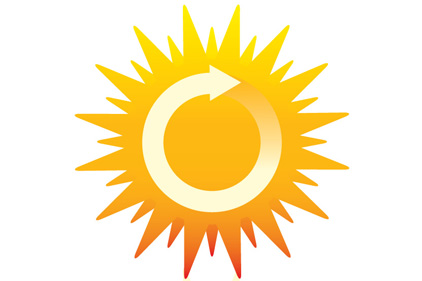Connecticut to help finance residential solar projects
The Connecticut Clean Energy Finance and Investment Authority is pioneering innovative financing methods that make rooftop solar systems more affordable and accessible for consumers.

Through the Energy Department's SunShot Rooftop Solar Challenge, the Connecticut Clean Energy Finance and Investment Authority is pioneering innovative financing methods that make rooftop photovoltaic systems, and now solar thermal systems, more affordable and accessible for consumers. CEFIA is the nation’s first “green bank,” leveraging public and private funds to scale up clean energy use in Connecticut. It was created in 2011 and set a target of installing 30 megawatts of residential PV by the end of 2022.
“We, as a green bank, want to be an enabler of those that are already in the market,” said Bert Hunter, chief investment officer for CEFIA. “We are not looking to become the Fannie Mae of energy efficiency or renewable energy. We want to actually incent private capital into the market, so we’re going to operate where there is a lack of capital or where capital is only available at a high cost.”
With CEFIA’s Solar Lease, the homeowner is responsible for choosing an installer and making monthly lease payments. While Version 1.0 dealt with only residential solar PV, Version 2.0 of the Solar Lease (set to in August) includes residential and commercial solar hot water systems, which have a faster payback period in Connecticut where fuel oil, propane and electric hot water are relatively expensive.
The innovative programs that CEFIA has developed with DOE support, such as the Rooftop Solar Challenge and American Recovery and Reinvestment Act, and private partners, including Sungage and Assurant, can be replicated by any state. The CEFIA website (www.ctcleanenergy.com) contains publicly available information so others can take a similar approach and improve their local solar markets.
“Finance is just one element of a successful program,” Hunter said. Enabling solar to succeed in a community also requires steps like training contractors and streamlining the permitting process through online applications.
Looking for a reprint of this article?
From high-res PDFs to custom plaques, order your copy today!







